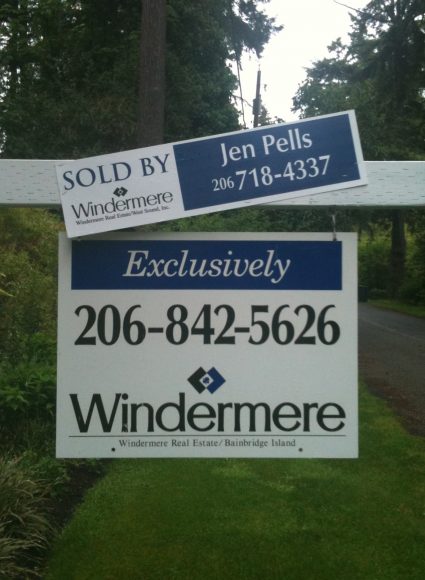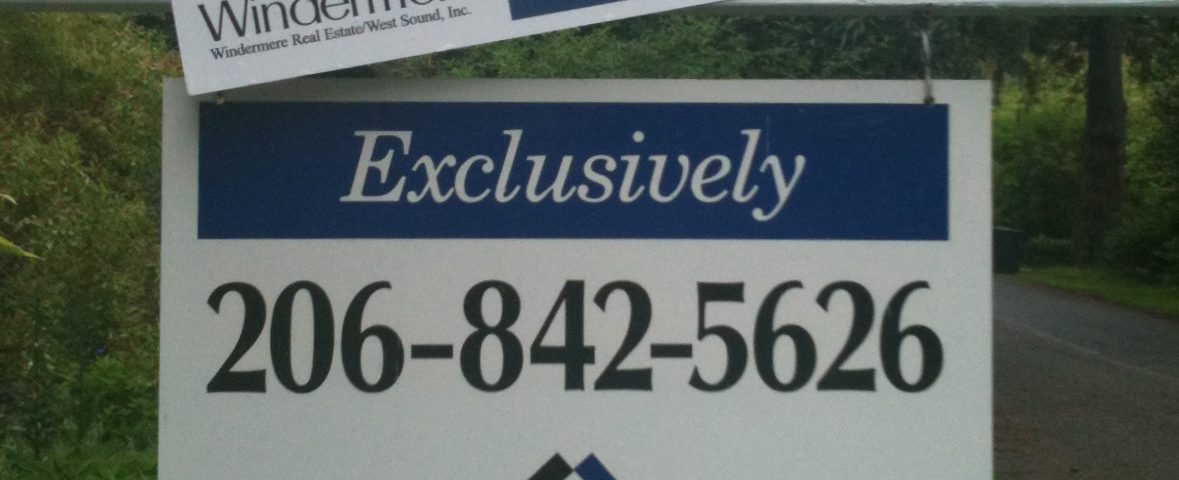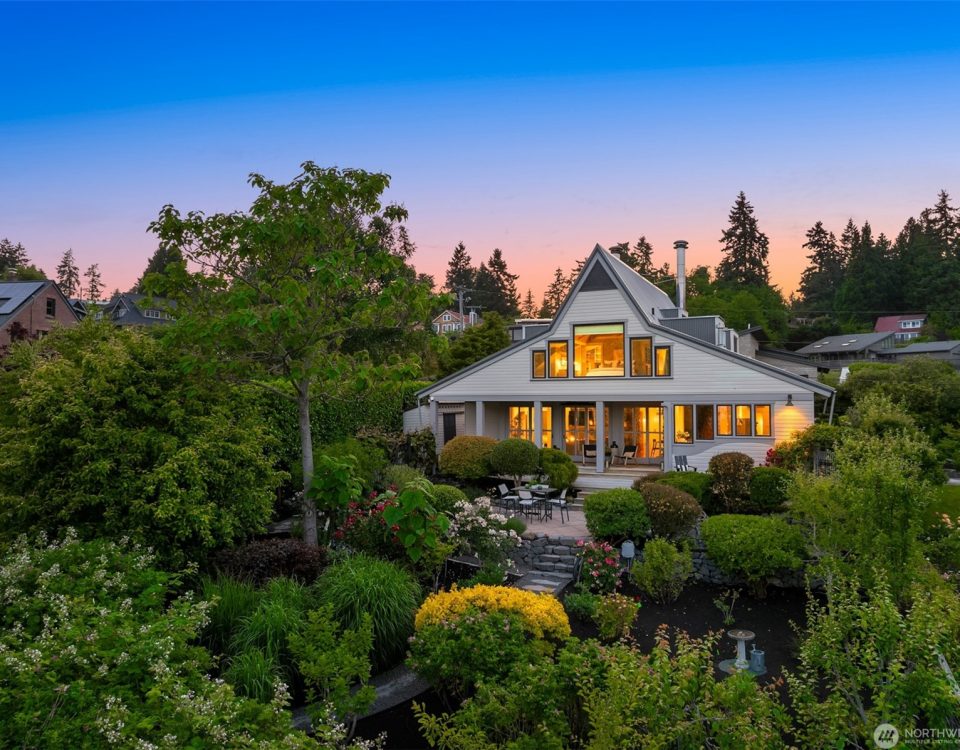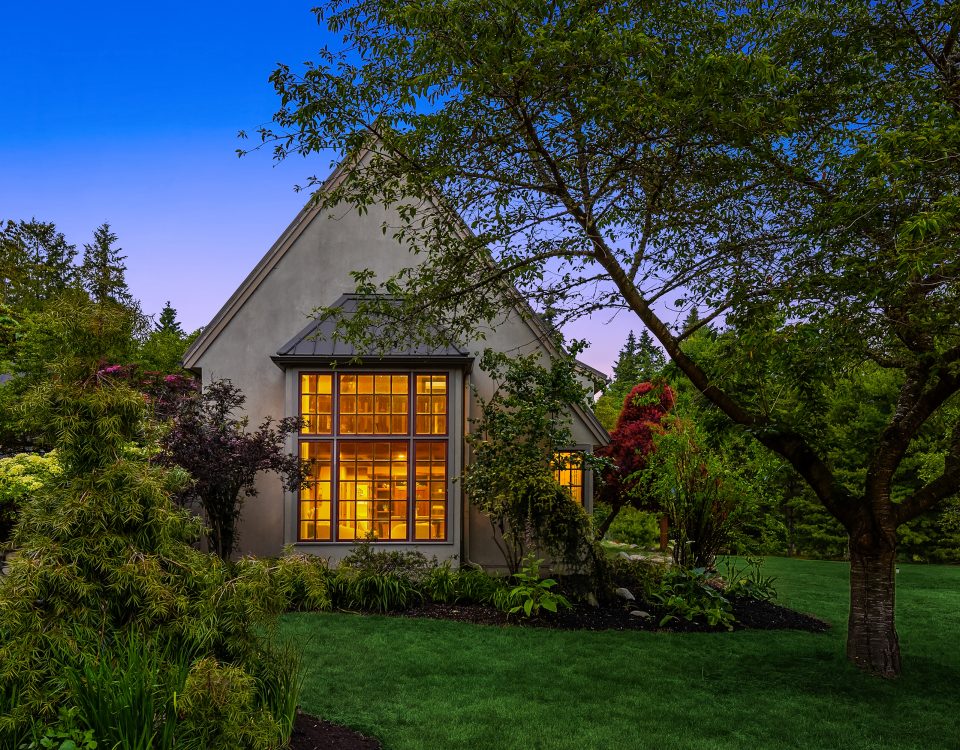Pricing Your Home Correctly . . . Out the Gate

Day Trip to Point No Point & Port Gamble
September 7, 2010
Lake Union Houseboat Tour & Gasworks Park – Day Trips From Bainbridge Island
September 15, 2010
One of the Best Things You Can do to Sell Your Home
Here’s a piece from MSN Money that details the psychology of pricing and selling a home. The piece reiterates what I tell my clients when we sit down for a listing presentation.
Buffer Pricing
“You’re selling your home. Here’s the big decision: Should you set the price high, expecting buyers will bargain you down eventually? Or should you start low to attract a lot of attention and get the inevitable discounting over with upfront?”
This is a classic scenario, right? Since people have been selling homes they’ve faced the “price high and drop later” or “price aggressively” decision/trade-off. And most people I work with are more comfortable going the price high route. RIght move? No, not really. When I sold my last home (in a buyer’s market), we priced it very aggressively and it sold in one weekend. Also, folks think they need a buffer, a cushion because buyers will make low-ball offers. Yes, they sometimes do, but isn’t it interesting that the average home on Bainbridge Island sells for 97% of the last asking price. Says a lot about what actually sells and who is actually buying.
The Debut Price
“Experts agree that starting high with the idea that you can always drop it later is a costly mistake. Pricing doesn’t just determine how much money you stand to make — it also dictates whether buyers even give your home a serious look. With so many competing properties for sale, yours has to pop out immediately as a good value or buyers will move on, unlikely to return. You get one first shot at your home’s debut, and it’s easy to blow it.
The amount of traffic that a listing gets in its first week is five to seven times what it gets in its ensuing weeks,” says Glenn Kelman, the CEO of Redfin, an online brokerage and listings site. “Let’s say you lower the price (later). No one will notice. You really are broadcasting that discount to a much smaller audience of buyers and will have the perception it is damaged goods.”
Do you want to price it for what it is worth, now or later? I say now and the data agrees. It is no fun having your house on the market or having your family split up during a relocation. I did not want to spend the summer in California with the kids while my husband was in Seattle. Did that cost me on the sale of my house? Maybe? Could we have gotten ten thousand dollars more, maybe. Maybe not. But time is money too and factoring in the added hassle and stress for me, it was a wash.
Chasing the Market
“Your job as a seller seems simple: Price it right to make the sale. Identify your home’s true value, and set the price slightly under that. At worst, you’ll lose about $10,000, but you might make a quick sale. If you’re further under market than that, buyers are likely to bid the price back up, Kelman says.
An error on the high side, however, can cost you more than just time. Once you drop your price, buyers smell blood. “They say, ‘He’s knocked $30k off the price; he’ll do it again.’ It’s death by a thousand cuts,” Kelman says.”
As a seller you begin chasing the market and you hope the buyers will follow, but often they won’t. The first 30 days are key. As a selling agent, if my client is dead-set on a higher price, even after they get the facts, I get them to agree up front to do a reduction at 21 days, if the action on the listing has been slow. In my mind, it leaves you a week and to agents and buyers a serious reduction that soon gets their attention, it let’s them know we’re serious about selling.
Homes are not selling for more than market value. The question you have to ask yourself is whether or not you want to sell it for market price now, or after 120 fun-filled days of having your house on the market? My own personal home was on the market for three days and it felt like three months – I am not sure how sellers do it. Some key numbers to end with, on Bainbridge Island.
Average Market Days for Active Listings on the market -138
Average Market Days for Homes Just Sold – 65




